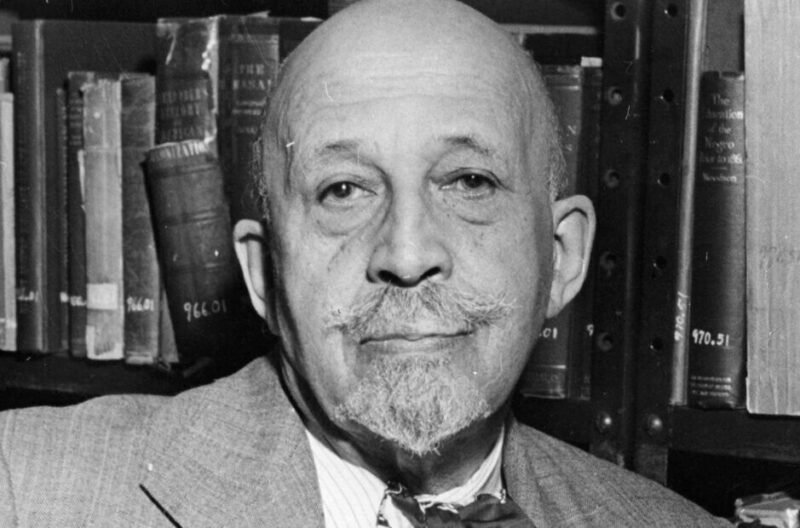Early Life and Family Background
Burghardt Williams, born to sociologist and civil rights pioneer W.E.B. Du Bois and Nina Gomer Du Bois, is a heartbreaking early 20th-century African American narrative. Burghardt, born in Atlanta, Georgia, in 1897, was called after his father, William Edward Burghardt Du Bois, representing the family’s strong ancestry. Burghardt’s grandparents, Mary Silvina and Alfred Du Bois, and his great-grandparent Othello Burghardt shaped their time’s culture.
The Tragic Loss
In 1899, diphtheria killed Burghardt at two, devastating the Williams family. This loss devastated W.E.B. and Nina Gomer Du Bois, who believed systematic racial inequalities caused their son’s death. Inadequate medical treatment for African Americans in Atlanta may have caused Burghardt’s death. This tragedy strengthened Du Bois’s desire to fight racial inequality in healthcare and other areas.
Atlanta: A City of Struggle and Legacy
Atlanta, where Burghardt lived briefly, exemplified post-Reconstruction racial tensions. Du Bois’s scholarly and activism activities were shaped by professional opportunity and personal tragedy in the city. Du Bois began a pioneering career at Atlanta University, using scientific study and sociology to demolish racial biases. Burghardt’s premature death inspired Du Bois’s passionate struggle for African American rights, which led to the Niagara Movement and the NAACP’s foundation in 1909.
William E.B. Du Bois Legacy and Family Influences
Burghardt Williams’s brief life inspired W.E.B. Du Bois’s tireless quest for racial equality. Burghardt’s great-grandfather Othello Burghardt witnessed the brutal reality of 19th-century African American society. Family stories about Othello Burghardt’s generation facing systemic oppression enriched Du Bois’s understanding of racial dynamics and inspired his research.
Du Bois Family Tree
| Relationship | Name |
|---|---|
| Father | W.E.B. Du Bois |
| Mother | Nina Gomer Du Bois |
| Grandparents | Mary Silvina Du Bois |
| Alfred Du Bois | |
| Great-Grandparent | Othello Burghardt |
The Du Bois family, with its historical significance, represents resilience and the quest of justice. Burghardt’s pedigree reveals a tapestry of intellectual and cultural influences that shaped the foundations of Du Bois’ advocacy.
The Impact of Loss
Burghardt’s death had a lasting impact on Du Bois’ personal and professional life, shaping crucial areas of his work. The grief experienced by Du Bois and Nina Gomer Du Bois became representative of the larger problems of African American families at the time. Their mourning highlighted the critical need for structural change in healthcare access, and they spearheaded measures that would reshape racial discourse in America.
Broader Historical Context
The Early 20th Century
Burghardt lived and died during racial tensions and major social changes. Civil rights campaigning tried to remove African Americans’ ubiquitous hurdles, and Burghardt’s father, W.E.B. Du Bois, was heavily involved in tackling these issues.
Movement for Equality
In the early 20th century, Du Bois pioneered revolutionary ideas and acts, notably the NAACP, driven by personal tragedy and justice. Systemic racism in Atlanta shaped his critical analyses and writings, like as “The Souls of Black Folk” (1903), which juxtaposed personal and collective narratives of struggle.
Conclusion
Burghardt Williams’s legacy is intertwined with his father W.E.B. Du Bois’s and the African American experience. Burghardt’s brief life shaped his family and sparked a generational racial equality movement. The Du Bois family’s accomplishments and tragedies continue to influence civil rights and social justice concerns today.






